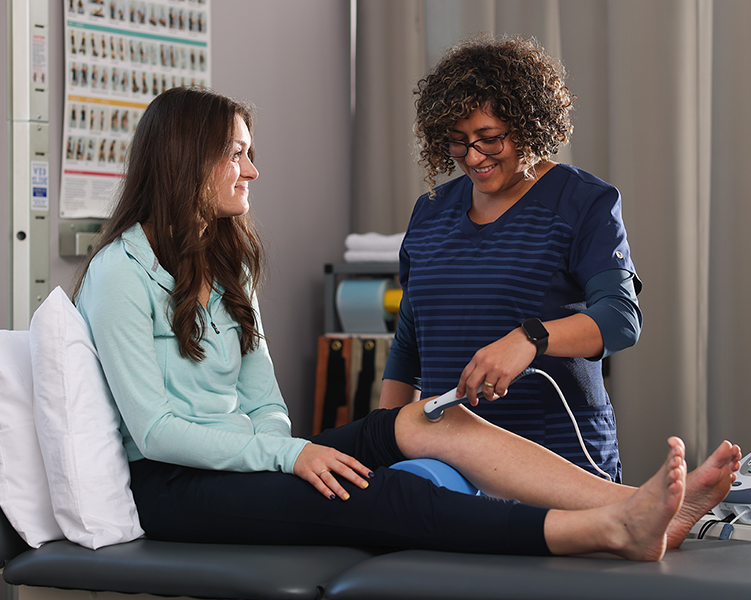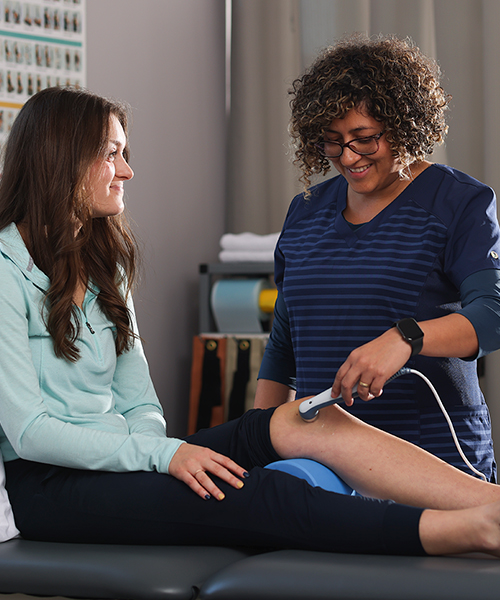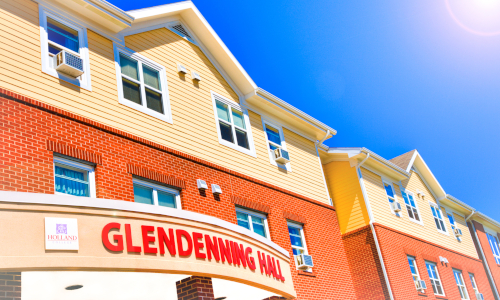The OTA/PTA program at Holland College is dedicated to the philosophy of holistic patient care, emphasizing the importance of treating patients as individuals with unique needs and circumstances. The program believes the best rehabilitation outcomes are achieved through a collaborative approach involving the patient, their family, and a team of healthcare professionals. The program is committed to providing students with the knowledge, skills, and values necessary to support therapist assistants in delivering high-quality care to patients. The program strives to instill in the students the importance of ethical practice, ongoing professional development, and cultural competence. The program graduates are prepared to work as part of a healthcare team and make a positive impact on the lives of their patients by promoting their independence, autonomy, and overall well-being.
Our Mission
The mission of the OTA/PTA program is to provide students with the knowledge, skills, and values necessary to become effective members of the healthcare team, promote health and wellness, and improve the quality of life of individuals with disabilities or functional limitations.
The Holland College OTA/PTA program strives to provide a learner-centred, experiential approach to education, delivered in a variety of learning environments. The program educates qualified, professional individuals and prepares them to be important members of an interprofessional team in the dynamic healthcare industry.
Our Vision
Contributing to the health, wellness and quality of life of rehabilitation clients through an innovative and student-centred Occupational Therapist Assistant/Physiotherapy Assistant Program. Graduates of the program are competent and compassionate healthcare professionals who provide quality care to clients in various healthcare settings.
Our Values
Applied Learning
Holland College has a rich history in Prince Edward Island. We honour that legacy by ensuring the skills and applications we offer prepare students to be leaders in their chosen fields.
Innovation
We will ensure our faculty and students have access to the latest techniques, trends and technologies so when they enter the healthcare workforce, they are prepared to assist their clients with both their current and future needs.
Engagement
We will encourage continuous learning, teamwork, and open communication for our students and faculty and staff will model these attributes. Our program and college are part of our greater provincial community and we will continue to be an active member of all communities we operate in.










